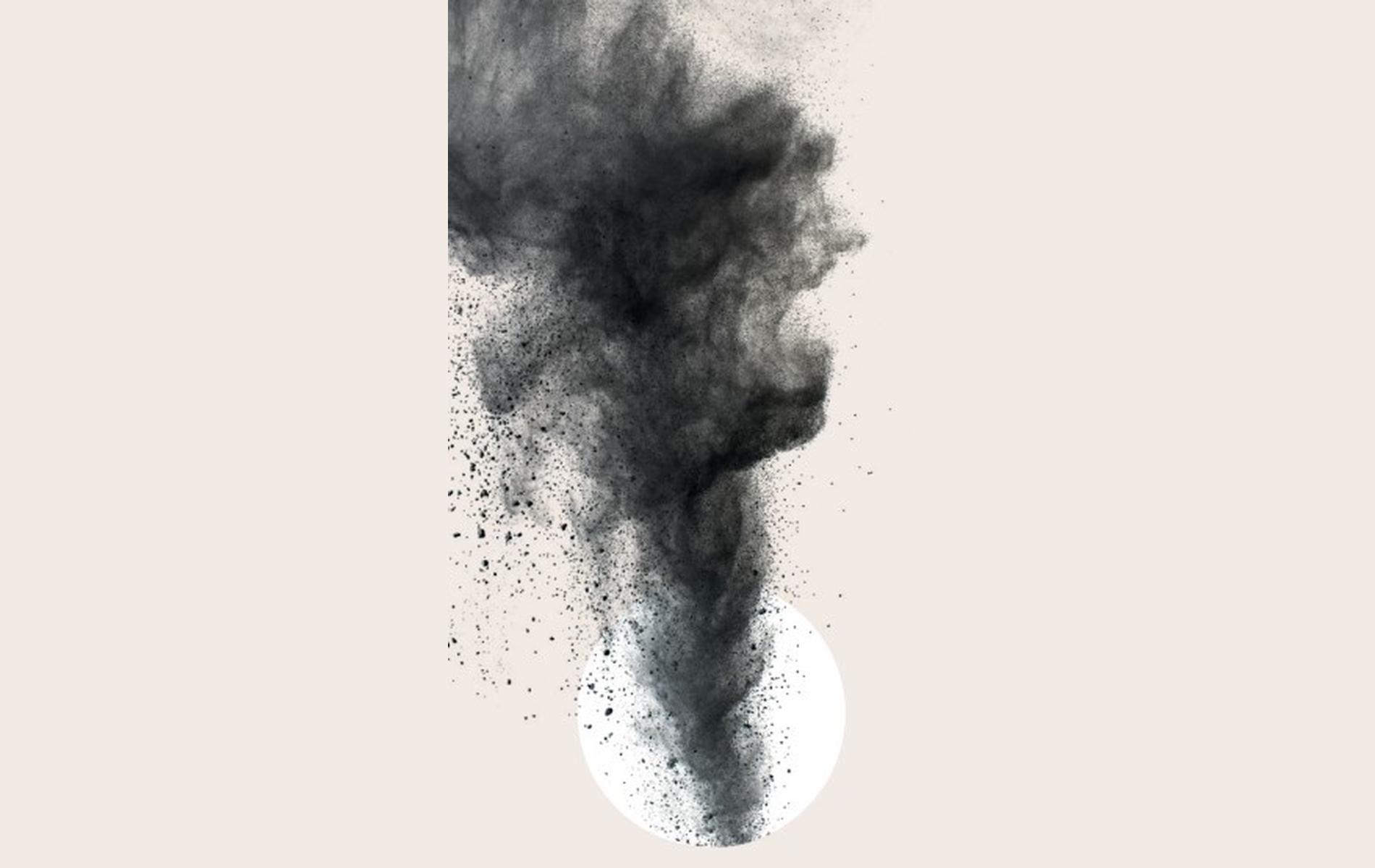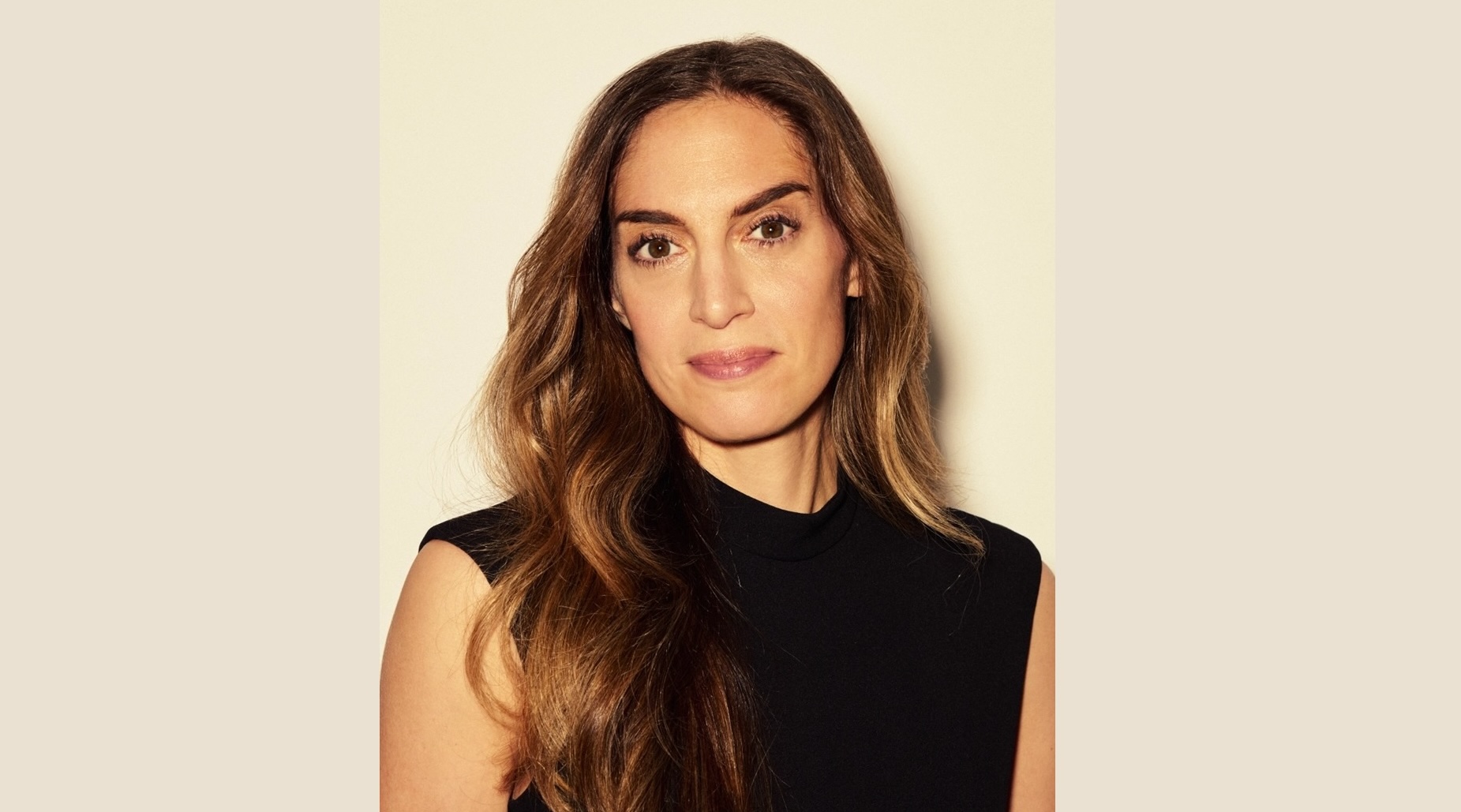News - News In Brief
Top 10 Companies Hold $15 Billion in Bitcoin
November 30, 2020
.jpg) Advertisement
AdvertisementInstitutional Bitcoin acquisition to spur mainstream adoption
The amount accounts for 3.96% of the 21 million total Bitcoin in supply. Among the highlighted companies, the US-based Grayscale Bitcoin Trust holds about 2.43% of the total Bitcoin supply at 509,581 BTC valued at $9.27 billion.
Block.one from the US has the second-highest amount of Bitcoin at 140,000 BTC valued at $2.59 billion. It accounts for 0.67% of the total supply. In the third spot, there is a Coinshares/XBT provider from the UK with 69,730 BTC valued at $1.29 billion or 0.33% of the total supply.
Microstrategy from the US is fourth with 38,250 BTC worth $707.62 million. The amount accounts for 0.18% of the total Bitcoin supply. The Tezos Foundation holds 24,808 BTC worth 458.94 million accounting for 0.12%.
Galaxy Digital Holdings 16,651 BTC which accounts for 0.08% of the total Bitcoin supply. The amount is valued at $308.04 million. Stone Ridge Holdings Group from the US has 10,889 BTC which is worth $201.44 million accounting for 0.05%.
3iQ The Bitcoin Fund holds 10,600 BTC accounting for 0.05% worth $196.1 million. In the ninth place, ETC Group Bitcoin ETP has 5,215 BTC valued at $96.47 million accounting for 0.03%. Square also from the US holds the tenth highest amount of Bitcoin at 4,709, worth $87.11 million. The figure represents 0.02% of the total Bitcoin in supply.
The research highlighted the significance of companies accumulating more Bitcoin. According to the research report: "The accumulation of Bitcoin by the highlighted companies spells good fortunes for the asset in regards to the elusive mainstream adoption. It is worth noting that, currently, the future price of Bitcoin remains debatable but the companies demonstrate that holding Bitcoin is less risky than not having any.”



.jpg)










